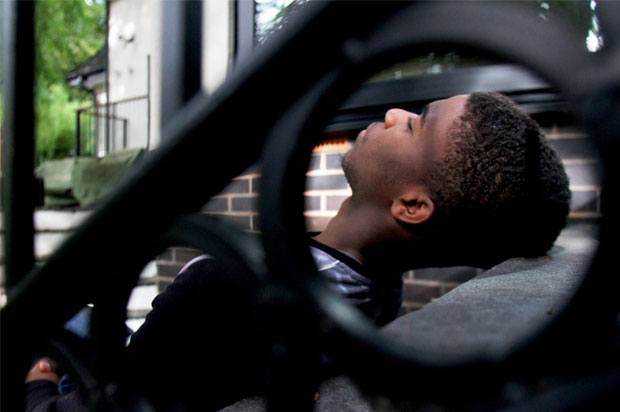Toxic masculinity and binge drinking
Having a few drinks at the pub can be a good way of socialising and relaxing, but it can quickly get out of hand if you have a few too many. Writer Michael Handrick looks at how toxic masculinity and challenges with substances are often different sides of the same coin.

How often have you heard ‘Down it Fresher!’, ‘Stop nursing your drink!’ or a chorus of laughs as ‘one of the lads’ decides to call it an early night? These phrases might just sound like harmless banter, but recently, pressurised drinking culture has become a way to display strength, which is one of the issues associated with toxic masculinity.
But having a drink is fine, right?
100%, go ahead and enjoy that pint, just be careful it doesn’t become five. Unhealthy drinking habits can be a way of fitting in or impressing friends. It can also be a coping mechanism to handle pressure or block out emotions, especially with the pressure society puts on men to hide their feelings. While it works to help you relax in the short-term, it’s pretty unhealthy in the long run.
When it comes to how much alcohol is too much, it kind of depends from person to person. Factors like tolerance and body size can really influence how much it takes for you to get buzzed. The general guideline is to have 14 units a week or, to put it simply, 6 average-strength pints.
How much alcohol is too much?
Going to a pub or a party with friends or colleagues can be a great way of unwinding, socialising and meeting new people, but only when you feel in control. If you feel pressured to take part in drinking, or only drink as a coping mechanism, then you should pause and think about your alcohol consumption. Drinking should be part of socialising, not the reason for socialising.
Did you know?
- 1 in 5 men in the Global North experience alcohol dependence)
- British men are three times more likely to be alcohol dependent than women
- There are four times as many men in treatment for drug-related issues as women
Excessive drinking can cause a range of physical and mental problems such as liver disease, depression, and anxiety. It can also lead to debt and damage your relationships. If you think that alcohol or other substances are starting to impact your life, you’re not weak for wanting help. Try to reach out to those around you and build a support system. Maybe even implement drinking-free days as a way to cut back.
In a world where men are taught that chugging five beers consecutively while their partners sip a sex-on-the-beach is the norm, it can be difficult to recognise that there is even an issue to deal with. Just know that you don’t have to conform to those conditioned standards of manliness. Only you know your body; listen to it and know how much alcohol is too much for you. If you feel like something is getting out of hand, try opening-up to someone close.
What can I do to help?
If you notice a friend may be suffering from alcohol-related problems, approach the topic with them in a sensitive way. It doesn’t have to be a big intervention. Pick a time away from others, and away from the drinking environment, where you can bring it up. Ask how they are, maybe mention that you’ve noticed a change in their behaviour, and ask if they’d like to talk about anything. You can’t force someone to talk, but making it an option can never hurt. The culture of toxic masculinity and binge drinking is a tough subject to broach but come at it with empathy and be sure they don’t feel pressure to open-up.
If you’re the one having any problems, try and talk to someone you trust. Remember that you can always speak to your GP or reach out to organisations such as Alcohol Concern, Addaction, and CALM. Having the strength to say ‘no’ can be tough, but it gets easier. Remember that you’re in control, and an assertive, “Nah, I’m not feeling it tonight,” should be enough for your friends to leave well enough alone.
If we start changing the way we interact with each other as men, by actually being supportive and open with one another, then we can help create equal standards for men and women.
Next Steps
- Addaction helps people recover from drug and alcohol addictions.
- FRANK offers friendly, confidential advice on all things drugs-related. Call now on 0300 123 6600
- CALM is dedicated to preventing male suicide. Call their national helpline for free on 0800 58 58 58, 5pm-midnight, or visit their webchat service .
- Chat about this subject on our Discussion Boards.
By Nishika Melwani
Updated on 05-Aug-2021
No featured article














